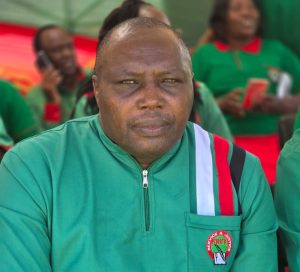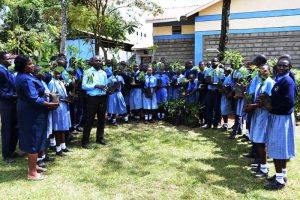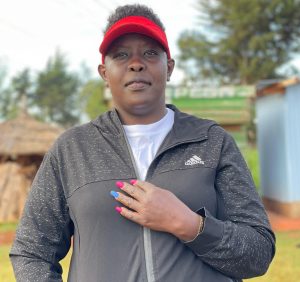Blue Economy Committee Scrtlutinizes Supplementary Budget Estimates and Questions Expenditure

The National Assembly’s Blue Economy, Water and Irrigation Committee led by Hon. David Bowen(Marakwet East) assessed the budget ‘deck of cards’ presented before them during the Supplementary Budget Estimates 1 FY 2022/2023. The State Department for Water and Sanitation Cabinet Secretary(CS), Mr. Zachary Njeru, Principal Secretary(PS), Mr. Julius Korir, and all CEOs of the various MDAs under its purview appeared before the committee today.
The Committee addressed several concerns, including issues related to the potential of Appropriations-in-Aid (AIA), the issuance of certificates for donor-funded projects, the progress of the 100 dams project, questionable procurement processes, mismanagement of the Kenya Water Institute (KEWI), the improper utilization of Presidential directives, post-project maintenance, and the possible merger of the Water Resources Authority (WRA) and the Water Services and Regulatory Board (WASREB), among other matters.
PS Korir responded by indicating that they encounter challenges with donor-funded projects, particularly concerning taxation. Some donor funds are bound by policies that prohibit them from being taxed, which restricts their flexibility in managing these projects.
The Committee sought clarification on whether the allocated 600 million for KEWI was intended to settle a pending 900 million bill owed to a contractor. They also inquired about the rationale behind the State Department’s substantial expenditure on consultants when the Ministry employs engineers who should fulfil similar roles.
PS Korir clarified that the allocated funds are earmarked for initiating the construction of classrooms to expand their capacity, which, in turn, is expected to increase revenue generation. He further explained that they have established a three-year payment plan with the contractor to manage the outstanding bill.
The Nairobi Expressway Project raised concerns as it appeared to be a consistent financial allocation for the Ministry without a clearly defined objective for the completed project.
The commencement of the Itare Dam, which has rekindled hope among Nakuru residents, is contingent upon the contractor’s signature on a resettlement agreement document. The operational cost is estimated at 35.6 billion, with a structured 20% payout over six years to the Italian government, contributing to its construction. In contrast, the recent findings from the Soin-Koru dam during the Committee’s fact-finding mission last week were far from satisfactory, prompting the launch of an investigation in collaboration with the EACC to uncover potential fraudulent activities surrounding the stalled dam. A similar investigation will be initiated for the Thwake Dam later this week. Hon. Bowen emphasized that the Committee cannot endorse funds that do not translate into tangible benefits for the Kenyan populace.
Vice-Chair Hon. Marwa (Kuria East) advised the Ministry to align its Strategic Plan with Presidential directives to avoid recurrent budget realignments. He stressed the importance of proactively advising the President on projects with substantial returns on investments, citing the Ahero Irrigation Scheme as an exemplar expected to recoup its investments within six to seven years.






